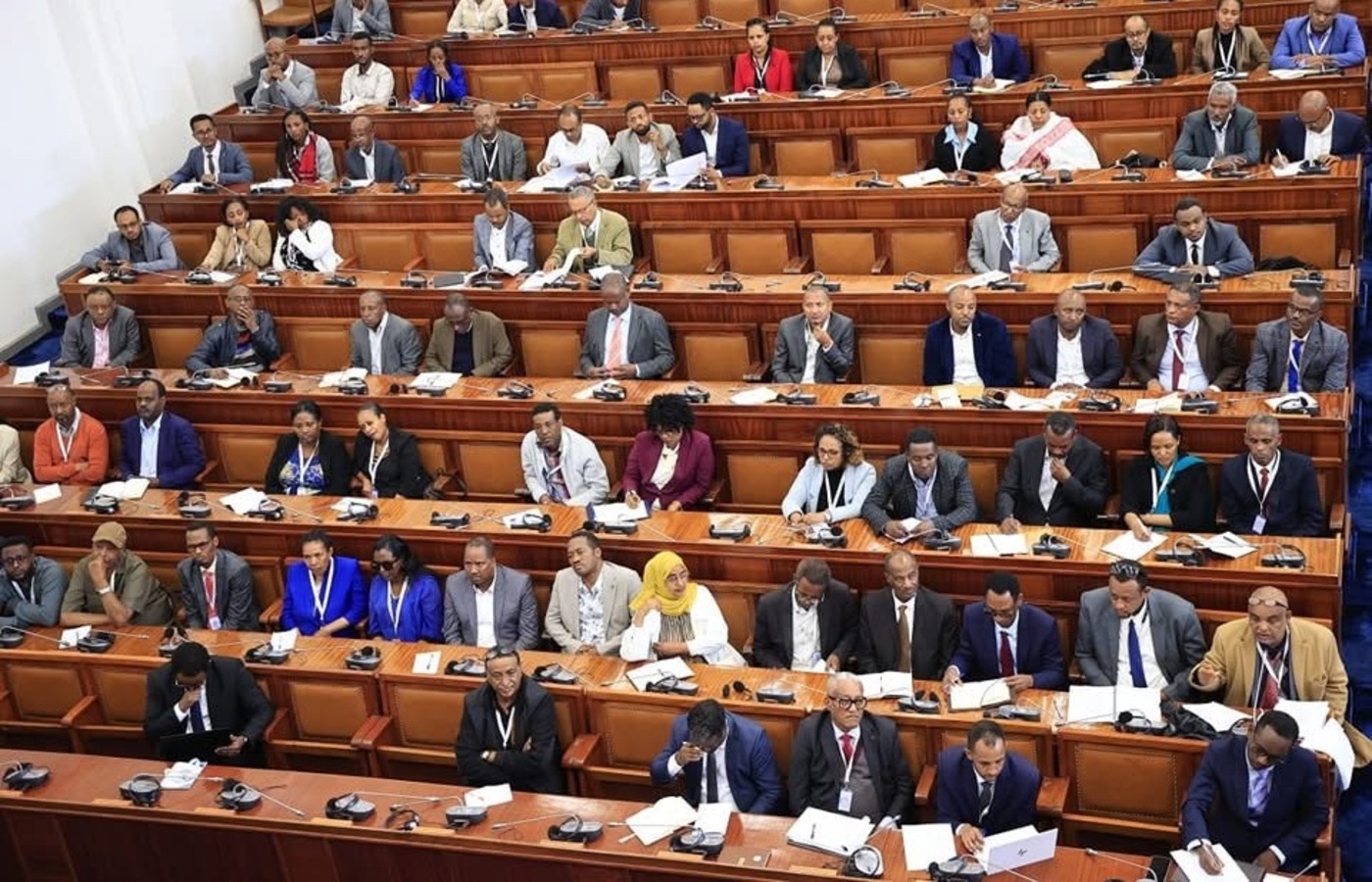
Ethiopia’s ambitious drive to expand its narrow tax base has sparked sharp debate among legal experts and business leaders, who warn the current approach disproportionately burdens existing taxpayers while largely ignoring the informal economy.
The issue took centre stage at the Ethiopia Finance Forum held this week in Addis Ababa, marking one year since the government launched broad macroeconomic reforms last July, including the currency float.
The forum brought together senior officials—including Minister of Revenue Aynalem Nigussie—and representatives from the private sector to discuss the country’s investment and fiscal landscape.
Despite official assurances that the goal is to ensure every eligible taxpayer contributes fairly, critics say the reality falls short.
“From the government side, there is a direction that says we must broaden the tax base. However, what is actually happening is not about bringing in new taxpayers, but increasing the burden on the existing ones,” said tax advisor Eyasu Girma.
Others from the fuel trade and various industries accused the government of focusing enforcement on compliant traders, while those operating informally—such as merchants in Addis Ababa’s Merkato market—continue to evade taxes, especially value-added tax (VAT).
Minister Aynalem acknowledged these challenges, stressing that the intention is not to overburden compliant taxpayers but to expand inclusion based on capacity.
“Our capacity to control informal or unregistered transactions is still far from where it needs to be,” she admitted, highlighting persistently low VAT compliance despite growing digital payment systems.
To address these gaps, the government plans to introduce a minimum tax regime tailored for small and medium enterprises (SMEs), aiming to simplify compliance and broaden the tax net. The federal budget targets over 1.09 trillion Birr in tax revenues to support a record 1.9 trillion Birr expenditure plan, with significant reliance on direct and indirect taxes from the formal sector.
Private sector voices at the forum criticised the complexity and opacity of Ethiopia’s tax laws, arguing that unpredictable enforcement and harsh penalties discourage voluntary compliance and deter investment. “When there is tax transparency and predictability, it encourages investment,” said Eyasu. “But in our country, the law is often one thing, while implementation is entirely different.”
Legal experts underscored that expanding the tax base must be paired with fairness, transparency, and ease of compliance to be sustainable. As Ethiopia seeks higher revenues to meet its development goals, genuine broadening of the tax net—not heavier pressure on the usual taxpayers—is crucial to building a stable fiscal future.



